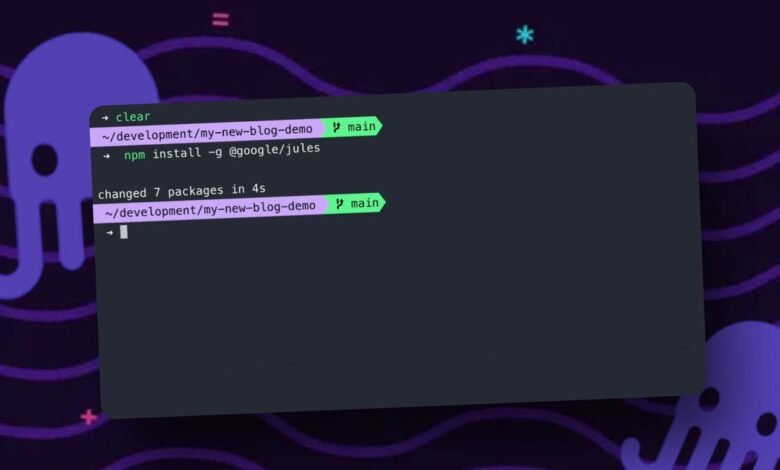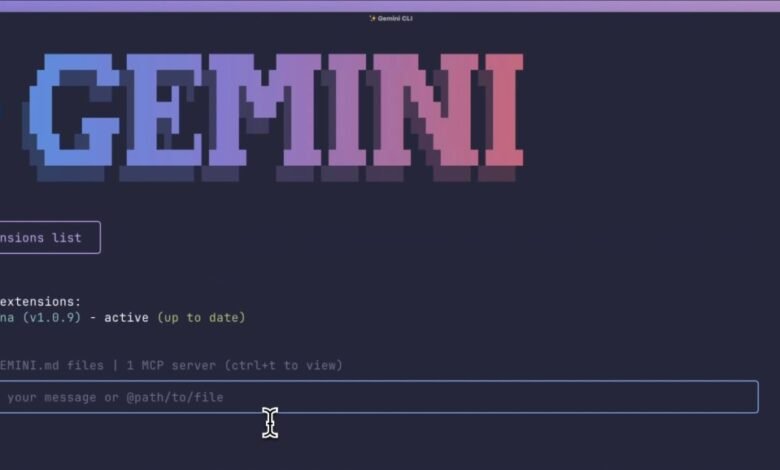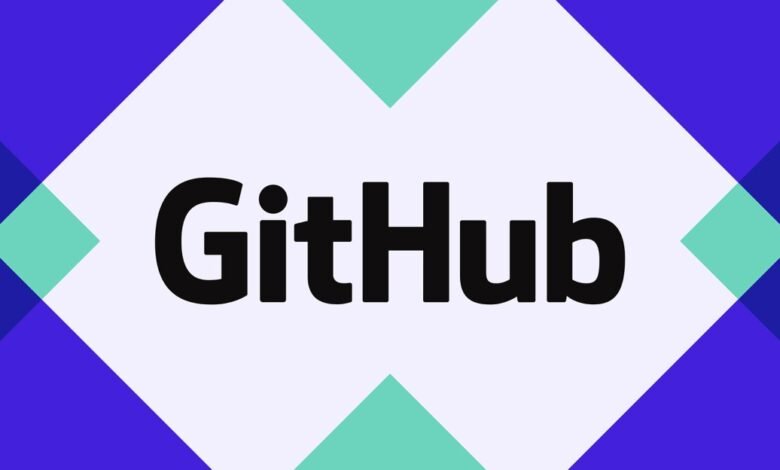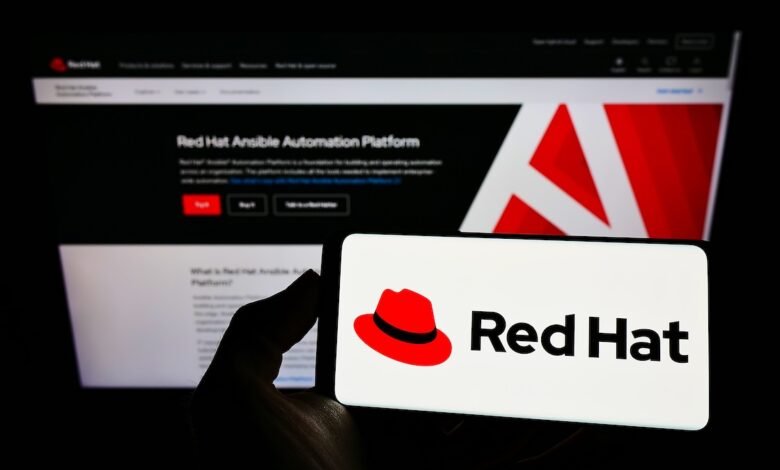TA585 is a sophisticated cybercriminal group known for its fully autonomous infrastructure, managing its own phishing campaigns, malware deployment, and…
Read More »GitHub
GitHub is a web-based platform that facilitates version control and collaboration, allowing multiple people to work on projects simultaneously. It is one of the most popular code hosting platforms, where developers can upload their projects and collaborate with other developers. GitHub is built on Git, a distributed version control system created by Linus Torvalds, the founder of Linux. Version Control One of the core features of GitHub is version control. It allows developers to keep track of changes made to a project over time. This is particularly useful for identifying when a particular change was made and by whom, making it easier to resolve conflicts and bugs. Collaboration GitHub is not just a tool for version control; it’s also a social network for developers. The platform provides features like “forking,” “pull requests,” and “merging,” which enable developers to collaborate on projects efficiently. You can fork a repository to create your own copy, make changes, and then propose those changes back to the original project via a pull request. Open Source and Private Projects GitHub hosts both open-source and private projects. Open-source projects are publicly accessible and can be contributed to by anyone. Private projects are restricted, and access is granted only by the repository owner. This makes GitHub versatile, catering to both individual developers and large enterprises. Additional Features Beyond just hosting code, GitHub offers a range of other features such as issue tracking, feature requests, task management, and wikis for each project. It also integrates with various third-party tools and supports CI/CD pipelines, enhancing the overall development workflow. GitHub Copilot As AI continues to make inroads into software development, GitHub has also introduced AI-powered tools like GitHub Copilot, which assists developers by suggesting code snippets and functions as they write code. GitHub is more than just a code repository; it’s a comprehensive platform that offers a range of tools and features to facilitate software development and collaboration. Whether you’re a solo developer working on a personal project or part of a large team working on an enterprise-level application, GitHub has something to offer.
Google has launched an open-source MCP Server on GitHub, enabling developers to integrate AI into digital marketing operations and allowing…
Read More »The hacking group Crimson Collective claims to have breached Nintendo, alleging access to internal development assets and administrative files, though…
Read More »Google Japan has introduced the experimental Gboard Dial Version, a keyboard with nine rotating dials inspired by rotary telephones that…
Read More »Google offers three distinct AI command-line tools: Gemini CLI for terminal interactions, Gemini CLI GitHub Actions for repository automation, and…
Read More »North Korean IT workers have long infiltrated Western tech firms, generating billions for their government, and have recently expanded into…
Read More »Google has expanded Gemini CLI with third-party extensions, allowing companies like Figma and Stripe to integrate their services directly into…
Read More »DefectDojo is an open-source platform that centralizes application security management, vulnerability tracking, and DevSecOps workflows by consolidating findings from multiple…
Read More »GitHub is migrating its entire platform to Microsoft Azure over the next two years to address data center capacity constraints…
Read More »Building a DIY VR headset with 3D printing and affordable components offers a customizable and cost-effective entry into immersive technology,…
Read More »Certain Volkswagen Group EVs like the ID.3, ID.4, and Skoda Enyaq lack battery preconditioning software, causing longer fast-charging times in…
Read More »Firezone is an open-source platform offering secure remote access through a least-privilege model, distinguishing it from traditional VPNs by granting…
Read More »Supermemory, founded by 19-year-old Dhravya Shah, is developing a sophisticated memory solution to enable AI applications to retain context across…
Read More »Red Hat confirmed a security breach of an internal GitLab system used by its Consulting team, initially misreported as targeting…
Read More »Google has expanded its Jules AI coding agent by launching a command-line interface and a public API, enabling integration into…
Read More »Google has upgraded its open-source Meridian marketing tool with new capabilities to measure non-media variables like pricing strategies and integrate…
Read More »Anthropic has launched Claude Sonnet 4.5 as its premier coding model, offering significant performance improvements in coding, reasoning, and computer…
Read More »A wave of sophisticated cyberattacks is exploiting newly discovered zero-day vulnerabilities in critical enterprise infrastructure, including Cisco's ASA and Fortra's…
Read More »OpenAI has introduced a suite of updates for ChatGPT, including a shared projects mode and new third-party app connectors, to…
Read More »Nosey Parker is an open-source command-line tool that finds sensitive information like passwords and API keys hidden in text files,…
Read More »


















